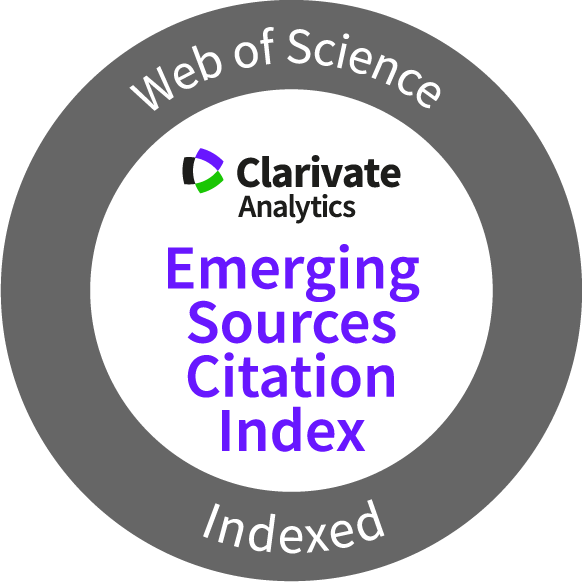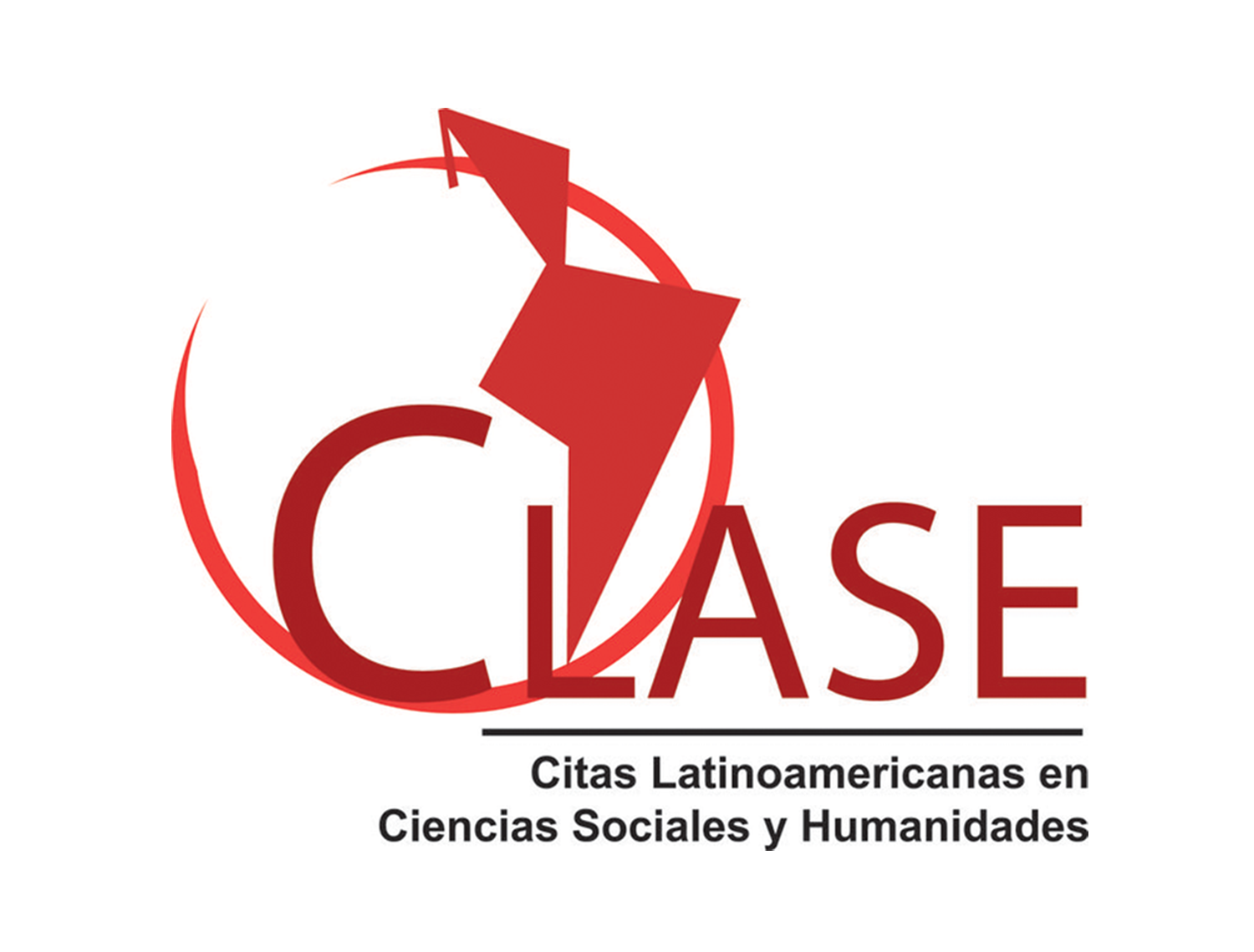Life is not one thing: the political uses of “life” in Latin America
DOI:
https://doi.org/10.22234/recu.20180601.e326Keywords:
Life, rights, social movements, Latin AmericaAbstract
This article analyzes the many ways in which the “defense of life” discourse has been mobilized for differing political uses in Latin America, considering the meanings ascribed to this banner of struggle from the demand for protection of life advocated by the human rights movements of the late twentieth century, to processes surrounding the biopoliticization of life. In particular, we analyze three cases that show how life mobilizes different and even conflicting agendas: the defense of legal abortion advocated by feminist movements to prevent the death of women; the defense of life from conception advocated by the Catholic hierarchy; and the defense of human life and the planet, mobilized by socio-environmental groups. Despite the growing consensus reached by the expansion of human rights regarding the need to protect life, the article shows how —far from being neutral— life is a politically disputed signifier.
Downloads
References
Amnesty International. (2007). Sexual and reproductive rights. Recuperado de http://www.consistent-life.org/aiabortiondocs.pdf
Bunch, C. (1990). Women’s rights as human rights: Toward a re-vision of human rights. Human Rights Quarterly, 12(4), 486-498.
Butler, J. (2010). Marcos de guerra. Las vidas lloradas. Buenos Aires, Argentina: Paidós.
Cardenas, S. (2011). Human rights in Latin America: A politics of terror and hope. Filadelfia, Estados Unidos: University of Pennsylvania Press.
Castelli, E. A. (2007). Theologizing human rights: Christian activism and the limits of religious freedom. En M. Feher (ed.), Non-governmental politics (pp. 673-688). Nueva York, Estados Unidos: Zone Books.
Christensen, V. A. y Casper, M. J. (2000). Hormone mimics and disrupted bodies: Social worlds analysis of a scientific controversy. Sociological Perspectives, 43(4), S93-S120.
Comisión Internacional de Derechos Humanos (CIDH). (2012). Caso Artavia Murillo y otros (“fecundación in vitro”) vs. Costa Rica. Sentencia de 28 de noviembre. Recuperado de http://www.corteidh.or.cr/docs/casos/articulos/seriec_257_esp.pdf
Conklin, B. A. y Morgan, L. M. (1996). Babies, bodies, and the production of personhood in North America and a Native Amazonian Society. Ethos, 24(4), 657-694.
Dagnino, E. (2005). Meanings of citizenship in Latin America. Institute of Developments Studies, Working Paper, 258. Recuperado de http://www.ids.ac.uk/files/wp258.pdf
De Marco, D. y Wiker, B. (2004). Architects of the Culture of Death. San Francisco, Estados Unidos: Ignatius Press.
Di Lonardo, A. M. et al (1984). Human genetics and human rights: Identifying the families of kidnapped children. American Journal of Forensic Medicine and Pathology, 5(4), 339-347.
Diario El Argentino. (2014, 7 de abril). ‘Sin fronteras, por la vida’, se hará la 10ª Marcha al puente internacional. Recuperado de http://www.diarioelargentino.com.ar/noticias/135622/sin-fronteras-por-la-vida-se-hara-la-10-marcha-al-puente-internacional
Dubow, S. (2011). Ourselves unborn: A history of the fetus in Modern America. Nueva York, Estados Unidos: Oxford University Press.
Esposito, R. (2011). Bios. Biopolítica y filosofía. Buenos Aires, Argentina: Amorrortu.
Estévez, A. (2008). A Latin American sociopolitical conceptualization of human rights. Journal of Human Rights, 7(3), 245-261.
Fassin, D. (2010a). El irresistible ascenso del derecho a la vida. Razón humanitaria y justicia social. Revista de Antropología Social, 19. 191-204.
Fassin, D. (2010b). Ethics of survival: A democratic approach to the politics of life. Humanity, 1(1), 81-95.
Fausto-Sterling, A. et al. (1994). The politics of genetics: A conversation with Anne Fausto-Sterling and Diane Paul. The Women's Review of Books, 11(10/11), 17-20.
Feitlowitz, M. (2011). A lexicon of terror: Argentina and the legacies of torture. Oxford, Reino Unido: Oxford University Press.
Franklin, S. (2003). Ethical biocapital. En S. Franklin y M. Lock (eds.), Remaking life and death: Toward an anthropology of the biosciences (pp. 97-128). Santa Fe, Estados Unidos: School of American Research Press.
Franklin, S., Lury, C. y Stacey, J. (2000). Global nature, global culture. Londres, Reino Unido: Sage.
Galeotti, G. (2004). Historia del aborto. Buenos Aires, Argentina: Nueva Visión.
Gandsman, A. (2009). ‘Do you know who you are?’ Radical existential doubt and scientific certainty in the search for the kidnapped children of the disappeared in Argentina. Ethos, 37(4), 441-465.
Guttmacher Institute. (2012). Facts on induced abortion worldwide. Recuperado de https://www.guttmacher.org/pubs/fb_IAW.html
Haddad, L. B. y Nour, N. M. (2009). Unsafe abortion: Unnecessary maternal mortality. Reviews in Obstetrics and Gynecology, 2(2), 122–126.
Haraway, D. (2004). Testigo_Modesto@Segundo_Milenio. HombreHembra_Conoce_Oncoratón. Feminismo y tecnociencia. Barcelona, España: UOC.
Hartouni, V. (1997). Cultural conceptions: On reproductive technologies and the remaking of life. Minneapolis, Estados Unidos: University of Minnesota Press.
Helmreich, S. (2011). What was life? Answers from three limit biologies. Critical Inquiry, 37(4), 671-696.
Hu, H. et al. (2006). Fetal lead exposure at each stage of pregnancy as a predictor of infant mental development. Environmental Health Perspectives, 114(11). Recuperado de http://www.ncbi.nlm.nih.gov/pmc/articles/PMC1665421/
Hurst, J. (1998). La historia de las ideas sobre el aborto en la Iglesia católica (lo que no fue contado). México, D.F.: Católicas por el Derecho a Decidir.
Ignatieff, M. (2001). Human rights as politics and idolatry. Princeton, Estados Unidos: Princeton University Press.
Jelin, E. (1994). The politics of memory. Latin American Perspectives, 21(2), 38-58.
Jelin, E. (2003). Los derechos humanos y la memoria de la violencia política y la represión: la construcción de un campo nuevo en las ciencias sociales. Cuadernos del IDES, 2, 91-113.
Jelin, E y Azcárate, P. (1991). Memoria y política: Movimiento de derechos humanos y construcción democrática. América Latina Hoy, 1, 29-38.
Kaufman, S. R. y Morgan, L. M. (2005). The anthropology of the beginnings and ends of life. Annual Review of Anthropology, 34, 317-341.
Knorr Cetina, K. (2005). The rise of a culture of life. EMBO Reports, 6 (S1), S76-S80.
Laborde, A. et al. (2015). Children’s health in Latin America: the influence of environmental exposures. Environmental Health Perspectives, 123(3). Recuperado de http://ehp.niehs.nih.gov/1408292/
Lamas, M. (2008). El aborto en la agenda del desarrollo en América Latina. Perfiles Latinoamericanos, 16(31), 65-93.
Lavoz, F. (2013, 25 de mayo). The world march against Monsanto. Demotix. Recuperado de http://www.demotix.com/news/2092945/world-march-against-monsanto/all-media
Lemaitre, J. (2014). Catholic constitutionalism on sex, women, and the beginning of life. En R. J. Cook, J. N. Erdman y B. M. Dickens (eds.), Abortion Law in transnational perspective: Cases and controversies (pp. 239-257). Filadelfia, Estados Unidos: University of Pennsylvania Press.
Lemke, T. (2011). Biopolitics: an advanced introduction. Nueva York, Estados Unidos/Londres, Reino Unido: New York University Press.
Luna, N. (2002). As novas tecnologias reprodutivas e o estatuto do embrião: um discruso do magisterio da Igreja Católica sobre natureza. Anthropológicas, 13(1), 57-74.
Morán Faúndes, J. M. (2014). La valoración de la vida, la subjetivación del feto y el debate sobre el aborto: aportes desde una perspectiva crítica. Acta Bioethica, 20(2), 151-157.
Morán Faúndes, J. M. (2015). El desarrollo del activismo autodenominado Pro Vida en Argentina, 1980-2014. Revista Mexicana de Sociología, 77(3), 407-435.
Morán Faúndes, J. M. y Peñas Defago, M. A. (2013). ¿Defensores de la vida? ¿De cuál vida? Un análisis genealógico de la noción de vida sostenida por la jerarquía católica contra el aborto. Sexualidad, Salud y Sociedad, 15, 10-36.
Morgan, L. M. (2009). Icons of life: A cultural history of human embryos. Berkeley, Estados Unidos: University of California Press.
Morgan, L. M. (2011). Fetal bodies, undone. En F. E., Mascia-Lees (ed.), A companion to the anthropology of the body and embodiment (pp. 320-337). Malden, Estados Unidos: Wiley-Blackwell.
Morgan, L. M. (2014). ¿Honrar a Rosa Parks? Intentos de los sectores católicos conservadores a favor de los “derechos” en la América Latina contemporánea. Sexualidad, Salud y Sociedad, 17. 174-197.
Mujica, J. (2007). Economía política del cuerpo. Lima, Perú: Promsex.
National Catholic Reporter (NCR). (2014, 20 de mayo). Editorial: Climate change is church's. Recuperado de http://ncronline.org/blogs/eco-catholic/editorial-climate-change-churchs-no-1-pro-life-issue
O’Connell, V. A. (2003). When a child has cancer: Protecting children in a toxic world. En M. J. Casper (ed.), Synthetic planet: Chemical politics and the hazards of modern life (pp. 111-129). Nueva York, Estados Unidos: Routledge.
Pecheny, M. y De la Dehesa, R. (2011). Sexualidades y políticas en América Latina: un esbozo para la discusión. En S. Corrêa y Parker, R. (organizadores), Sexualidade e política na América Latina: histórias, interseções e paradoxos (pp. 31-79). Rio de Janeiro, Brasil: Sexuality Policy Watch.
Ploeg, I. van der. (2004). ‘Only angels can do without skin’: On reproductive technology’s hybrids and the politics of body boundaries. Body & Society, 10(2/3), 153-181.
Ratzinger, J. (2009). Caritas In Veritate. Roma, Italia. Recuperado de http://www.vatican.va/holy_father/benedict_xvi/encyclicals/documents/hf_ben-xvi_enc_20090629_caritas-in-veritate_sp.html#_edn62
Rose, N. (2007). The politics of life itself: Biomedicine, power, and subjectivity in the twenty-first century. Princeton, Estados Unidos: Princeton University Press.
Scheper-Hughes, N. (1992). Death without weeping: The violence of everyday life in Brazil. Berkley, Estados Unidos: University of California Press.
Seper, F. (1974). Declaración sobre el aborto. Roma, Italia. Recuperado de http://www.vatican.va/roman_curia/congregations/cfaith/documents/rc_con_cfaith_doc_19741118_declaration-abortion_sp.html
Sequeira, A. (2015, 30 de septiembre). Iglesia católica ante decrete sobre FIV: ‘Tener hijos no es un derecho, es un don’. La Nación, Costa Rica. Recuperado de http://www.nacion.com/nacional/politica/Iglesia-catolica-decreto-FIV-Tener_0_1511848864.html
Sikkink, K. (2004). Mixed signals: U.S. human rights policy and Latin America. Ithaca, Estados Unidos y Londres, Inglaterra: Cornell University Press.
Sikkink, K. (2011). The Justice crusade: How human rights prosecutions are changing world politics. Nueva York, Estados Unidos: W. W. Norton & Company.
Skinner, D. (2012). The politics of medical necessity in American abortion debates. Politics & Gender, 8, 1-24.
Sommers, M. R. y Roberts, C. N. J. (2008). Toward a new sociology of rights: A genealogy of ‘buried bodies’ of citizenship and human rights. Annual Review of Law and Society, 4, 385-425.
Tate, W. (2007). Counting the dead: the culture and politics of human rights activism in Colombia. Berkeley, Estados Unidos: University of California Press.
Tischler, S. y Navarro, M. L. (2011). Tiempo y memoria en las luchas socioambientales en México. Desacatos, 37, 67-80.
Vaggione, J. M. (2005). Reactive politicization and religious dissidence: The political mutations of the religious. Social Theory and Practice, 31(2), 233-255.
Vaggione, J. M. (2012). La ‘cultura de la vida’. Desplazamientos estratégicos del activismo católico conservador frente a los derechos sexuales y reproductivos. Religião e Sociedade, 32(2), 57-80.
Winters, M. S. (2014, 25 de mayo). Pro-Life environmentalism & dogma. National Catholic Reporter. Recuperado de https://www.ncronline.org/blogs/distinctly-catholic/pro-life-environmentalism-dogma
Wojtyła, K. (1991). Centesimus Annus. Roma, Italia. Recuperado de http://www.vatican.va/holy_father/john_paul_ii/encyclicals/documents/hf_jp-ii_enc_01051991_centesimus-annus_sp.html
Published
How to Cite
Issue
Section
License
Culturales journal allows you to share, copy and redistribute the material in any medium or format; adapt, remix, transform, and build upon the material for any purpose, including commercially, by properly crediting the work and providing a link to the license indicating whether changes have been made.
Culturales journal is licensed under the Creative Commons Attribution 4.0 International License (CC BY 4.0)























